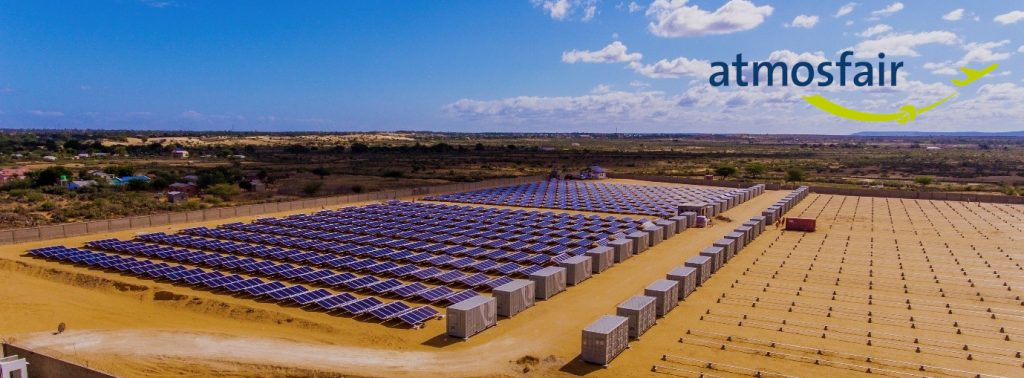
atmosfair news July 2025
Dear Readers
Last week, the EU Commission presented its proposal for the climate target for 2040: a 90% reduction in greenhouse gas emissions compared to 1990. This sounds ambitious and would – in principal – be compatible with the 1.5 degree climate target set in Paris. However, there is a small catch.
CO₂ offsetting – additional climate protection or ‘flexibilization’?
The proposal also stipulates that not all reductions have to take place in the EU itself. 3% of emissions in relation to the base year 1990 can be offset through projects in developing countries. This was inspired by the conservative-social democratic government in Germany, whose coalition agreement also allows offsetting in third party countries for 3% of Germany’s reduction commitments.
In principal, such a transfer of emission mitigations between countries is possible under Article 6 of the Paris Climate Agreement, but primarily as a means of achieving higher ambitions, not to reduce one’s own commitments. Accordingly, the Öko-Institut, in its assessment, sees a loophole here and calls on the EU: offsetting only in addition, not as a substitute!
What happens if Germany, for example, funds a solar park in India, and credits itself for the reduction in emissions? Then, according to Article 6, India can no longer count this project towards its climate targets, and Germany has to do less climate protection in its own country. The result: nothing is done for the global climate. Right pocket India, left pocket Germany – the global climate goes away empty-handed.
How both climate and people benefit from offsetting
At atmosfair, we take a different approach: we support companies that set themselves reduction targets that go beyond their legal obligations and voluntarily finance Article 6 projects. The certified CO₂ mitigations that we receive for these projects are retired in the German register – so they don’t count for anyone. Not for the company, not for Germany, not for the project country. As a result, additional emissions are actually avoided, than what countries had already promised.
In several African countries, we are already implementing climate protection projects in accordance with Article 6 of the Paris Agreement – together with the governments, transparently and with long-term commitments. In Togo, for example, we have built our first agri-photovoltaic plant together with a local partner. As the project transfers all certified CO₂ reductions to us, it provides climate protection in addition to the governmental measures in Togo. The system also generates added social value: the solar panels provide shade and the drip irrigation system ensures efficient growth of crops.
Our biochar production helps climate and local people as well: In Cambodia, we are now using rice residues to permanently bind carbon from the air in the soil. And in Kenya, we are enabling people on the coast to travel from A to B with zero emissions. You can read more about this in the news reports from our projects.
By the way: we are still looking for a suitable term for the new opportunities offered by the Paris Agreement: “offsetting” sounds like the aforementioned zero-sum game – but our Article 6 projects have much more to offer. “Climate neutral” sounds like all the nonsensical products that are still sold under this term in supermarkets. “Climate-positive” would be an option for companies that are committed as described. What do you think? Feel free to write to us!
Enjoy the read!
Kind regards,
Dietrich Brockhagen
Managing Director, atmosfair
P.S.: atmosfair is growing and looking for passionate people with technical backgrounds to join our global climate projects. Interested? You can find our current job openings at atmosfair and Solarbelt here.
Don’t want to receive our newsletter anymore? You can unsubscribe by clicking this link: Unsubscribe from the newsletter.
Events:
Webinar CSRD: Omnibus and climate strategy - together with :response
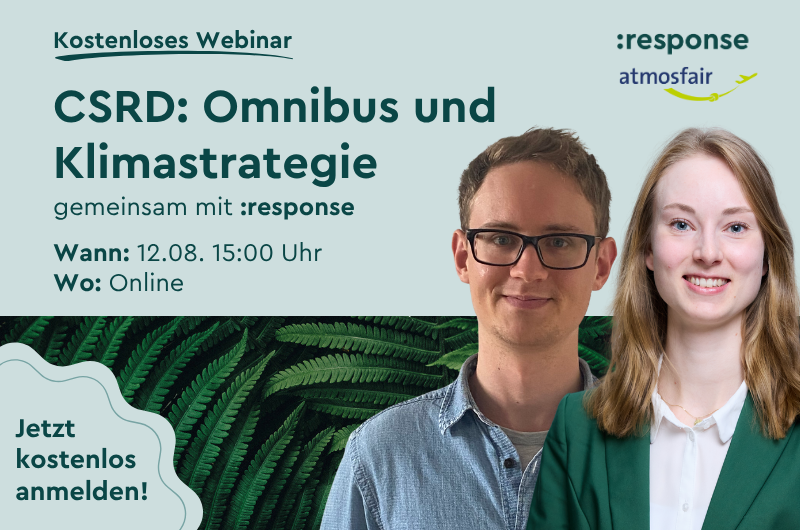
What does the omnibus procedure mean for your company and how can you develop an effective climate strategy? Together with the consulting agency :response, we will show you in a practical way how the current debates affect sustainability reporting and climate transition plans. Further information and registration
Open house day on September 12th, 2025
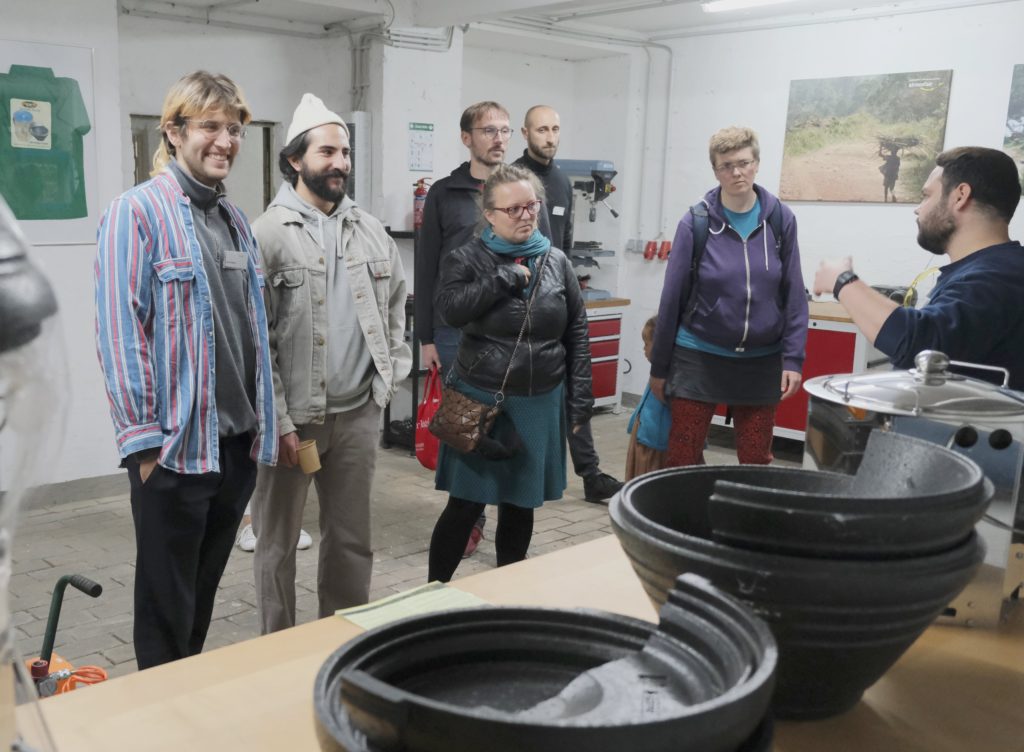
This September, atmosfair will open the doors of its Berlin office and offer a look behind the scenes. Our employees will answer all of your questions about carbon offsetting and our climate protection projects. And we’re going live to Africa to experience a climate protection project in action. You can register for free here and make our planning easier. You can also find more information on LinkedIn and Instagram.
Project News:
Togo: First agri-photovoltaic plant completed
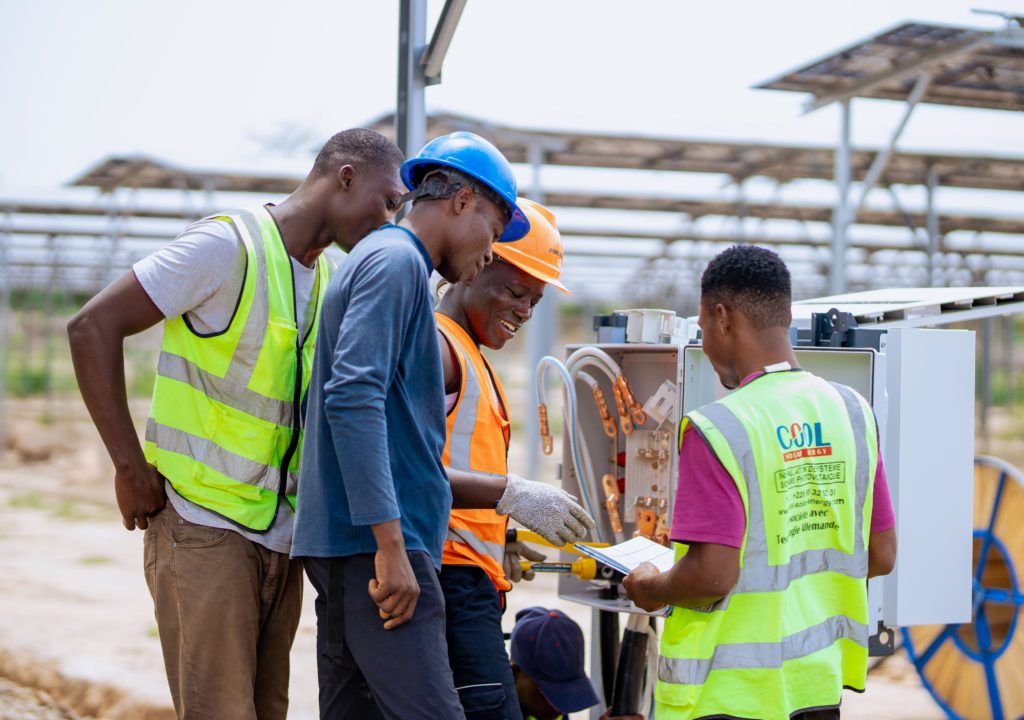
3,000 megawatt hours of clean solar power for 14,000 people in West Africa: this is how we are helping Togo to become less dependent on energy imports. Our agri-photovoltaic system is the first of its kind there: it shows that energy generation and food cultivation can complement each other.
Cambodia: Biochar production with rice husks
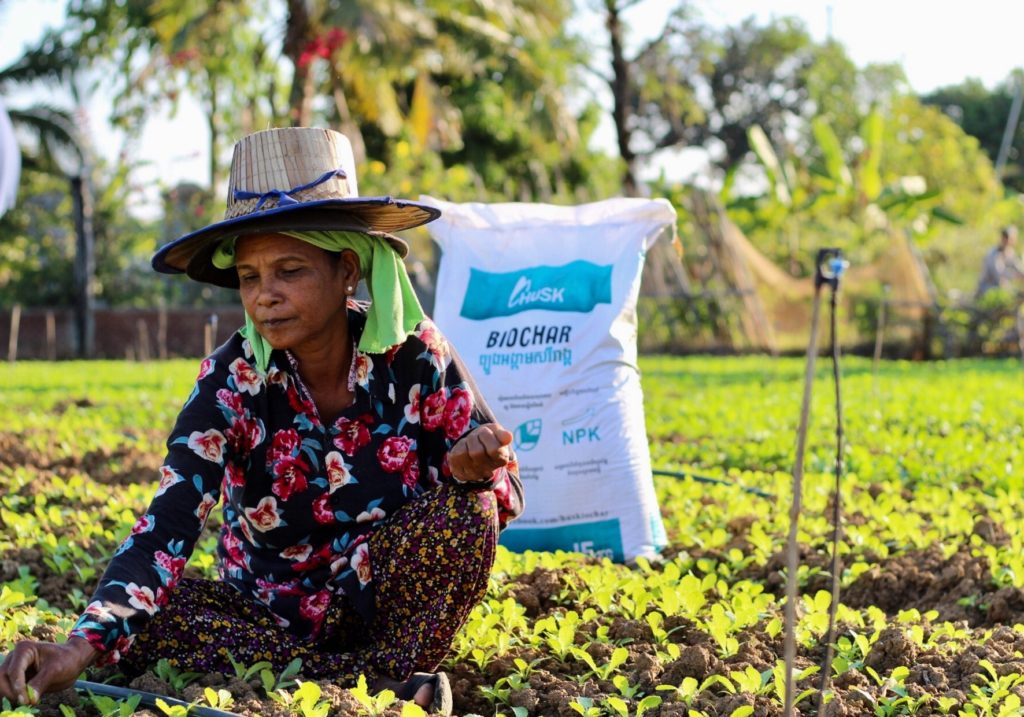
Rice production in South-East Asia produces masses of empty husks, which until now have been burned or left to rot. We use this waste to produce biochar, which stores carbon in the soil and thus protects the climate – together with local partners and state-of-the-art technology.
Kenya: First Electric Tuk-Tuks Produced
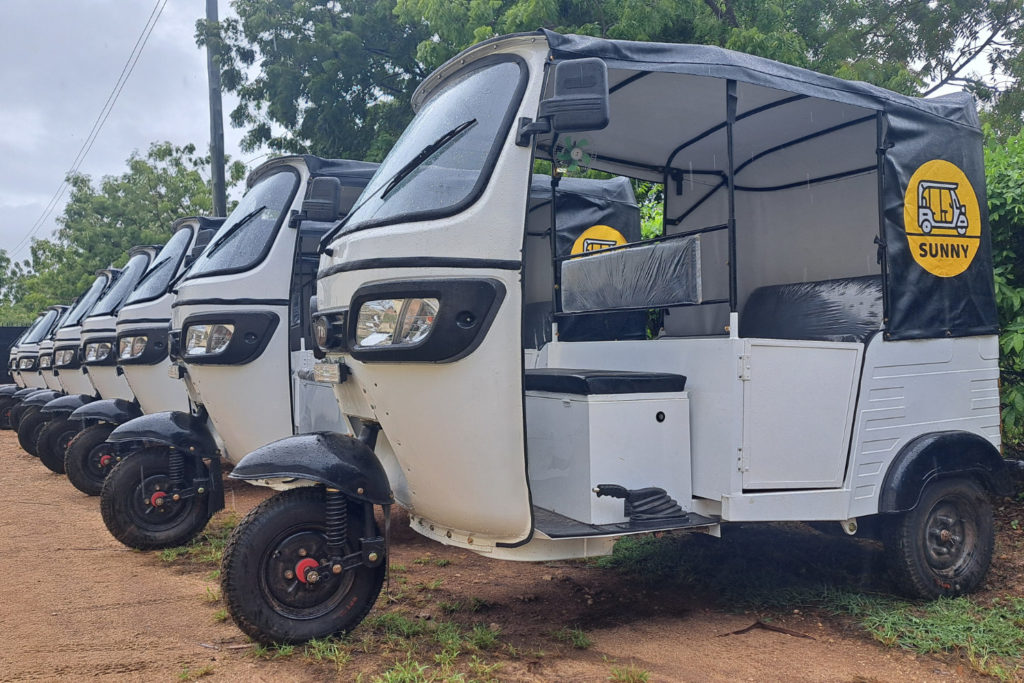
They are the number one means of transportation on the Kenyan coast: small, inexpensive motorcycle cabs, which until now have mainly run on diesel or petrol. Now, the first 25 electrically powered tuk-tuks are leaving our factory in Diani Beach – running on clean energy leaving more income to their drivers.
India: atmosfair launches digital monitoring system for biochar

30,000 households and over a thousand tons of biofertilizer made from biochar every month: our production in India is growing steadily. To keep track, we have developed a digital monitoring system to precisely document all steps involved – and in turn document the amount of carbon that the biochar binds in the soil.


 Share
Share